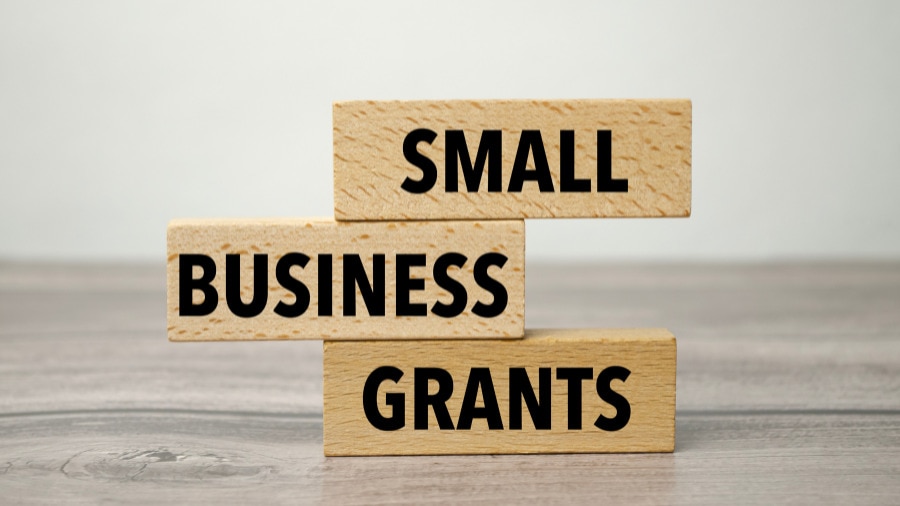The best things in life aren’t always free. A beach vacation? A box of fresh doughnuts? Starting your own small business? There are going to be some costs involved.
Think of it as an investment. Those doughnuts are going to, one, improve your mental health, and two, improve your hunger. When you’re starting your own small business, your startup costs are an investment in your mission.
Now, no two startups or doughnuts are the same, but each one requires at least some financial investment. Let’s take a closer look at common expenses for startups. (Unfortunately, we’ll be leaving the doughnuts behind for now).


